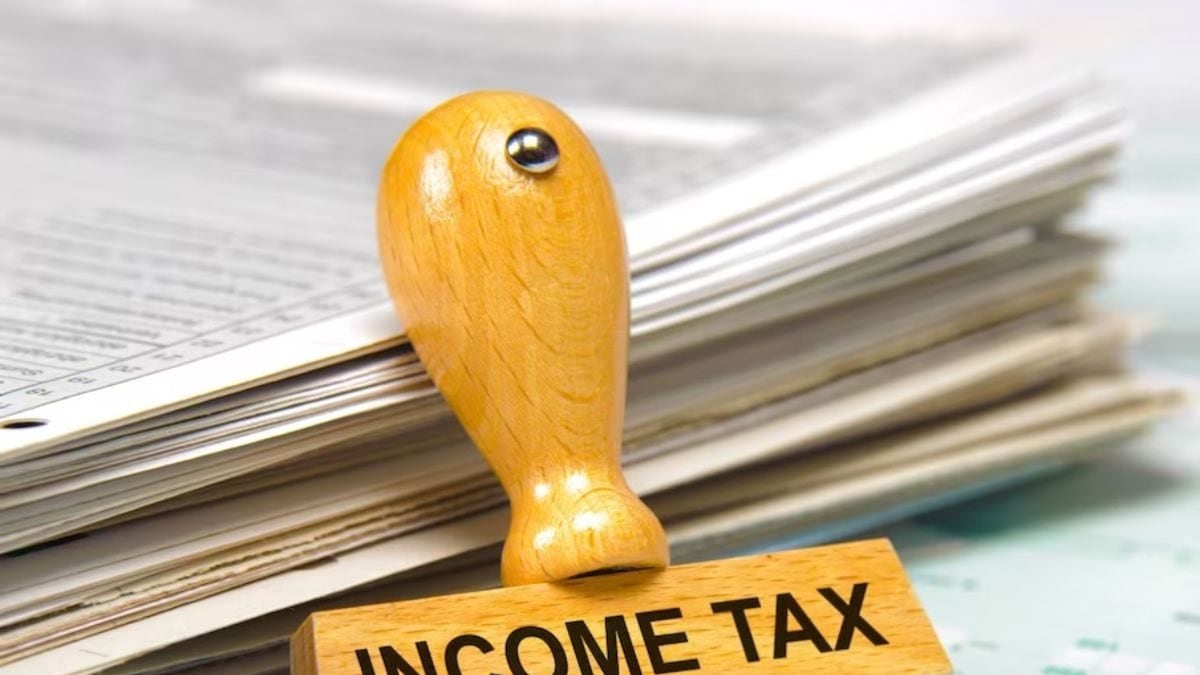RBI Governor Shaktikanta Das.
Going by the past trends, vegetable prices may see a significant correction after a few months
Even as the prices of vegetables like tomato and green chillies recently jumped pushing inflation upwards, RBI Governor Shaktikanta Das on Thursday said that going by the past trends, vegetable prices may see a significant correction after a few months.
“Headline inflation, after reaching a low of 4.3 per cent in May 2023, rose in June and is expected to surge during July-August led by vegetable prices. While the vegetable price shock may reverse quickly, possible El Niño weather conditions along with global food prices need to be watched closely against the backdrop of a skewed south-west monsoon so far,” the RBI governor said in his August 2023 bi-monthly monetary policy statement.
He said the month of July has witnessed an accentuation of food inflation, primarily on account of vegetables. The spike in tomato prices and a further increase in prices of cereals and pulses have contributed to this. Consequently, a substantial increase in headline inflation would occur in the near term.
Tomato prices recently touched as high as Rs 250 per kg in various parts of the country due to adverse weather conditions. Green chillies also soared to Rs 400 per kg. Recently, a Crisil report said onion prices are also likely to rise, after tomato price hikes.
“Going by the past trends, vegetable prices may see a significant correction after a few months. The prospects of kharif crops have brightened, thanks to improvement in the progress of the monsoon. Uncertainties, however, remain on domestic food price outlook due to sudden weather events and possible El Niño conditions in August and beyond,” Das said.
He added that global food prices are also exhibiting a hardening bias on renewed geopolitical tensions. Crude oil prices have firmed up in recent weeks and its outlook is clouded by demand-supply uncertainties.
“Headline inflation projection for Q2 of 2023-24 has been revised up substantially, primarily due to the price shock from vegetables. Given the likely short-term nature of these shocks, monetary policy can look through high inflation prints caused by such shocks for some time,” the RBI governor said.
In its monetary policy review on Thursday, August 10, the RBI MPC unanimously decided to keep the key repo rate unchanged at 6.5 per cent, in line with expectations. This is the third time in a row that the central bank has paused the key interest rates. It has revised upwards FY24 inflation forecast to 5.4 per cent from the 5.1 per cent estimated earlier, while maintaining FY24 GDP projection at 6.5 per cent.





